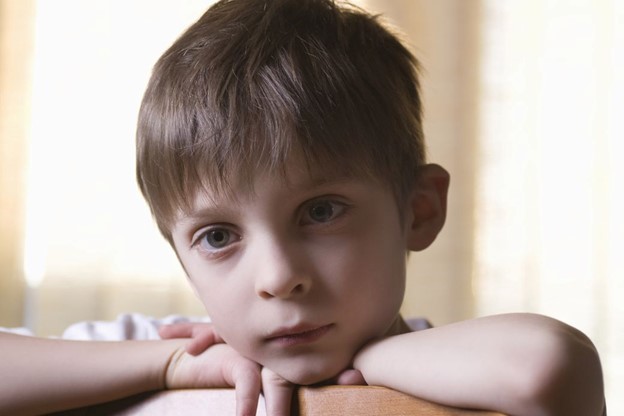Have you just entered your second trimester and feel that the past few weeks have been more stressful and sadder? Although research indicates that the chances of depression during the second trimester are the least, you should be cautious as the symptoms steadily increase during the months, especially as you enter the third trimester.
How common is the problem?
Pregnancy is a crucial phase, and although it should be a period of emotional security, it can often give you a difficult time. Depression, post-delivery, also known as post-partum depression, is widely documented and a heavily discussed topic. However, you will be surprised that around 20% of women during the time of pregnancy also suffer from mood or anxiety-related issue.
What makes you more prone to being depressed during your pregnancy?
Research has identified certain characteristics that make an expecting mother prone to such problems. If you have been diagnosed with depression or post-partum depression in the past, if you discontinue using antidepressant medication(s) prescribed by your psychiatrist, if you do not feel optimistic about your pregnancy experiences, or if you do not receive enough social support, you may have a higher chance of being depressed. Hence, you should be vigilant and consult a specialist at the correct time.
What are the symptoms?
You may feel like you have lower energy levels, feel fatigued and tired, experience changes in appetite, sleep, and libido, or are anxious at most times. You may notice having low self-esteem, feeling discouraged, or in difficult situations, may feel like causing self-harm. Pregnancy-related depression often goes under the rug since most of its symptoms are often noticed by many expecting mothers.
The problems
When and if left untreated, pregnancy-related mental issues could lead to further conditions such as peripartum major depressive condition or disorder during the pregnancy and in the post-partum period. These kinds of depressive symptoms, which are quite prevalent, are the founding causes of maternal distress. Additionally, it has been observed through experimental studies that the offspring, when in the mother’s womb, would develop a risk in health. Conditions such as cognition and developmental and mental growth of the child could get affected from childhood to adulthood.
Antidepressants during pregnancy
If an expecting mother already has a mood disorder, managing medications and the requirements of the pregnancy may sometime be confusing and pose to be a difficult decision. Doctors often advise stopping antidepressant medications during pregnancy. However, the evidence is conflicting. Some experts say with certainty that antidepressant use will not cause birth defects. Additionally, relapse of mental problems was five times more common among expecting mothers who discontinued their medications.
Visiting a Reproductive Psychiatrist
If you feel like you are going through some of the problems mentioned above, you should visit a reproductive psychiatrist. A professional will be able to advise you about your condition so that you feel your best during this beautiful period of your life. If you have a history of mood disorders and are currently on medications, do remember to ask your psychiatrist if you should continue taking them.
An insight from mamahood
We advise all soon-to-be mothers to keep a diligent check on their mental health, and any sign of mental fatigue and depressive episode should be discussed with your clinician as it can have an impact on your child’s health. It is always good to seek professional help for both your health and the baby.








